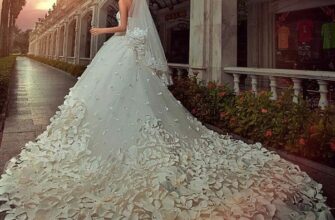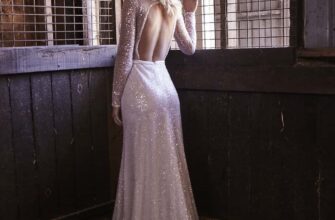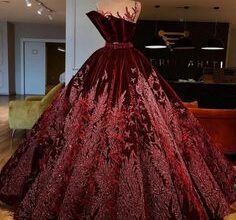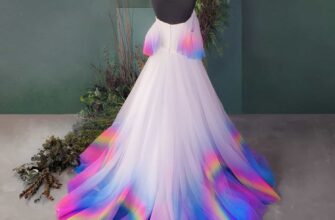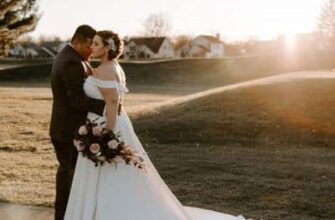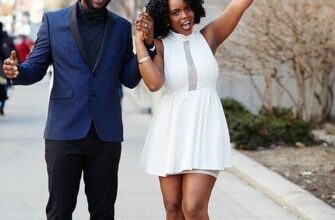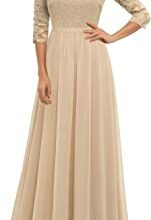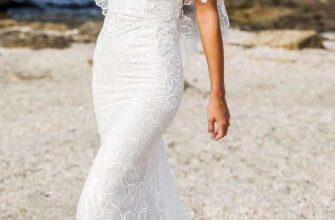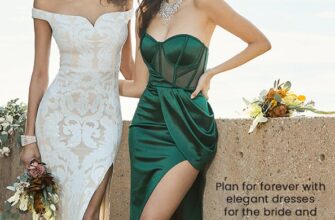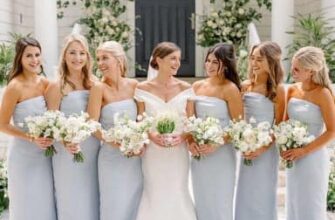When it comes to choosing a wedding gown, there are some general rules you need to follow. Firstly, do not try on a dress with a high neck and long sleeves, or one with a thick fabric. It is also important to try on as many styles as you can, as different dresses may look similar but might not suit your body type.
Avoiding high neck
While a high-neckline can make you look more beautiful, it is not for every body type. For instance, if you have a flat or narrow bust, a high-neckline will draw attention away from your figure. On the other hand, if you have a full and rounder bust, a high-neckline will make you look shorter and unbalanced. Luckily, there are many styles that avoid high necklines.
The most important consideration for choosing a wedding dress is your comfort and confidence. The neckline is an important aspect of your outfit, so make sure you feel fabulous while wearing it. You can get some general guidelines on what necklines are appropriate, but ultimately your heart should be your strongest guide.
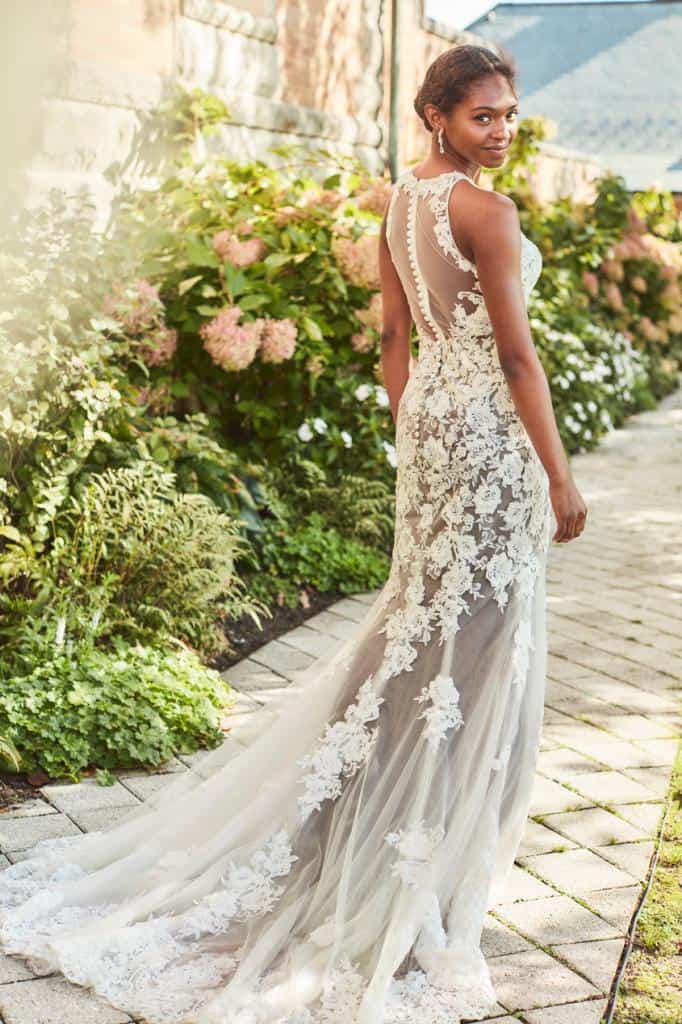
Avoiding long sleeves
If you’re planning a wedding in a warm climate, avoid choosing a wedding dress with long sleeves. They can be uncomfortable, especially if you’re planning an outdoor ceremony. However, they are a beautiful style choice for a bride who has larger arms. If you’re shopping for a wedding dress for your big day, consider sleeveless options, which can be perfect for summer weddings.
Long sleeved wedding dresses are beautiful, but they can also draw attention to your upper body. If you’re petite, you might want to avoid dresses with long sleeves, since they can make you appear larger than you really are.
Avoiding thick fabric
You may need to alter your wedding dress, so you want to avoid purchasing anything that’s too thick. The problem is that alterations can be expensive. You may need to remove parts of the dress, cut the fabric, and re-sew it. All of this can eat up your savings.
Instead, you can choose a lighter fabric like tulle, which is a lightweight net fabric. This material is not as elegant as chiffon, but it’s very inexpensive and gives your dress a bit more body. This type of fabric also is suitable for many seasons, so you’ll be able to wear it all year long.

Avoiding trying on dresses grossly out of your budget
It is important to stick to your budget when shopping for a wedding dress. It is not a good idea to try on dresses that are grossly over your price range, as this will only lead to unnecessary stress. Also, you might want to bring a large group of people with you, which can get tricky.
The first step to shopping for a wedding dress is to make a list of your wants and requirements. List the features you absolutely must have in your wedding dress and be prepared to sacrifice some of your wants in order to get it within your price range. Also, set a budget before you go shopping, and factor in the cost of alterations and other expenses, as these can add up quickly.
Getting honest opinions from friends and family
Asking for honest opinions from close friends and family when shopping for a wedding gown is an important aspect of the dress-shopping experience. It can be a bit stressful bringing along multiple people, who may have varying opinions on the same dress. Instead, invite only a few trusted people to provide you with honest feedback.
During the dress shopping session, try to make the experience fun and enjoyable. Normally, these sessions last about an hour, giving you enough time to try on as many dresses as you like.
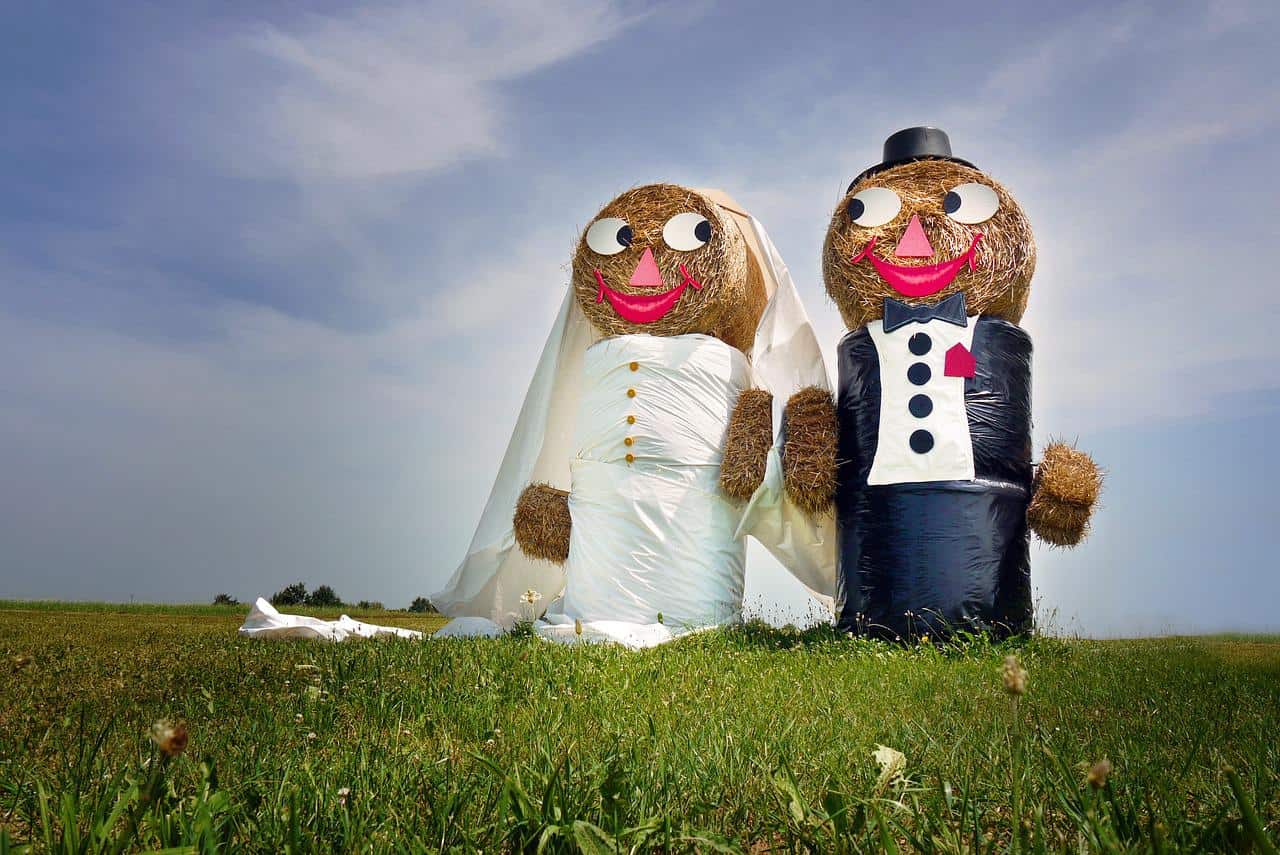
Budgeting for your wedding dress
One of the first steps in budgeting for your wedding dress is to determine the amount of money you can afford to spend on your wedding. You should also set aside some money for unexpected expenses. These can include small accidents, such as rain, which can result in the need to purchase an umbrella or rent a space heater, as well as the cost of flowers and menus.
While it is advisable to consider your wedding budget when purchasing a wedding dress, it is important to remember that a wedding dress is a special purchase and as such, the price is a factor in determining the type of dress you purchase. For instance, you may decide to purchase a custom-made or handmade wedding dress, but this option will likely come with a higher price tag. These dresses take time to make and may require hours of planning, design, alterations, and handwork.
